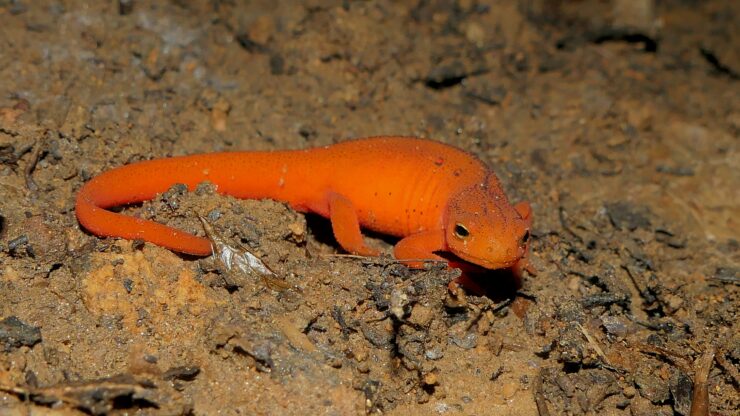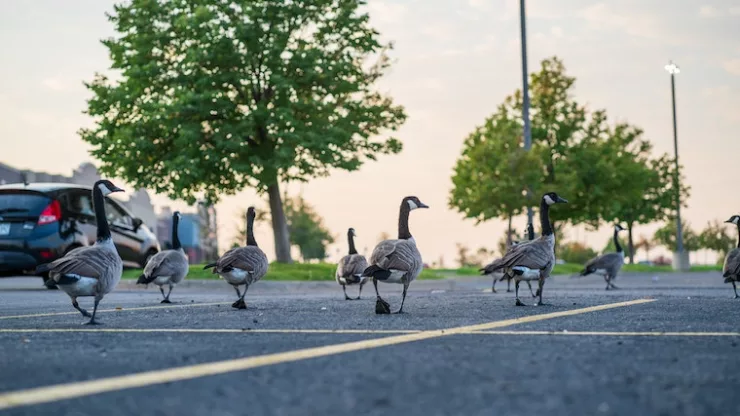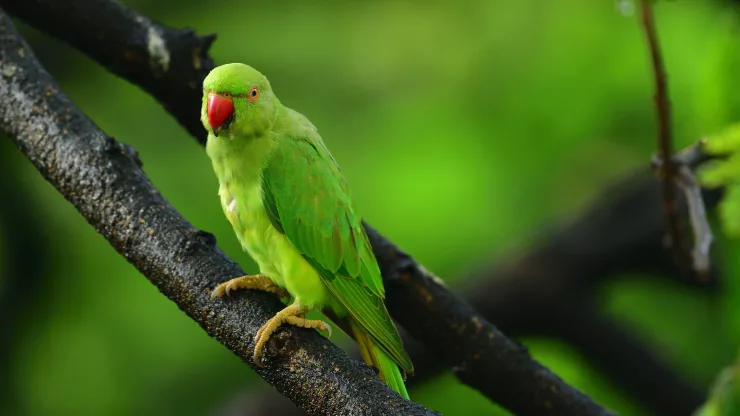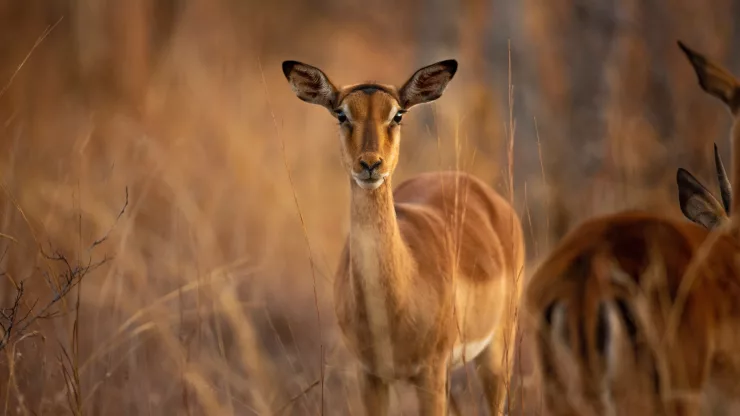If you’re passionate about wildlife and conservation, and are interested in how animals adapt to urban environments, then a degree in Wildlife Biology with a focus on urban ecosystems might be the perfect fit for you.
This interdisciplinary field of study combines biology, ecology, and environmental science with urban planning and design to help animals and humans coexist in urban areas.
Whether you’re interested in studying the impact of urbanization on wildlife, or you want to work in urban wildlife conservation, this guide will give you a comprehensive overview of what to expect as a Wildlife Biology major with a focus on urban ecosystems.
Jump to Section
Why Choose Wildlife Biology with an Urban Focus
There are many reasons to choose a degree in Wildlife Biology with an urban focus.
Firstly, urbanization is a growing global trend, and as cities expand, the need to understand how wildlife adapts and survives in these environments becomes increasingly important.
Secondly, studying urban ecology provides a unique opportunity to explore the relationship between humans and wildlife, and how we can work together to create more sustainable and livable cities.
Finally, a degree in Wildlife Biology with an urban focus can lead to a variety of exciting and rewarding careers, from wildlife management and conservation, to urban planning and design.
If you’re interested in making a positive impact on the environment and the world around you, then this degree might be the perfect fit for you.
What to Expect in a Wildlife Biology Curriculum
A degree in Wildlife Biology with an urban focus typically includes a combination of biology, ecology, and environmental science courses, as well as courses in urban planning and design.
Some of the courses you can expect to take include:
- Ecology and Evolution of Urban Wildlife
- Urban Wildlife Management and Conservation
- Human-Wildlife Conflict in Urban Areas
- Environmental Planning and Design
- Sustainable Cities and Communities
In addition to classroom learning, you’ll have the opportunity to participate in field trips, research projects, and internships to gain hands-on experience in urban wildlife conservation.
Internship Opportunities in Urban Wildlife Conservation
Internships are a great way to gain practical experience in urban wildlife conservation and management. Some organizations that offer internships in this field include:
- National Park Service Urban Wildlife Program
- The Wildlife Society
- Audubon Society
- World Wildlife Fund
During internships, you’ll have the opportunity to work with professionals in the field, participate in research projects, and gain valuable skills and knowledge that will help you in your future career.
Career Options for Wildlife Biology Graduates
There are a wide variety of career options available to graduates of Wildlife Biology with an urban focus. Some of the potential career paths include:
- Urban Wildlife Biologist
- Wildlife Conservationist
- Environmental Planner
- Park Ranger
- Wildlife Rehabilitator
According to the Bureau of Labor Statistics, the median annual salary for wildlife biologists and zoologists was $63,270 in May 2020, and employment in this field is projected to grow 4% from 2019 to 2029.
A degree in Wildlife Biology with a focus on urban ecosystems is an excellent choice for students who are passionate about wildlife and conservation, and interested in the growing field of urban ecology.
By studying how animals adapt to urban environments, and working to create more sustainable and livable cities, you’ll be making a positive impact on the world around you.
If you’re ready to take the first step towards a rewarding career in urban wildlife conservation, start exploring your options today.
FAQ
What skills do I need to be successful in Wildlife Biology with an Urban Focus?
Some skills that are important for success in this field include: strong communication and interpersonal skills, critical thinking and problem-solving skills, data analysis and research skills, and a passion for wildlife and conservation.
Can I work in urban wildlife conservation without a degree in Wildlife Biology?
While a degree in Wildlife Biology is helpful, there are many other related fields that can lead to a career in urban wildlife conservation, such as ecology, environmental science, and urban planning.
What are some common misconceptions about urban wildlife?
Some common misconceptions about urban wildlife include: that they are pests or nuisances, that they are dangerous to humans, and that they cannot survive in urban environments.
In reality, urban wildlife plays an important role in maintaining healthy ecosystems, and can coexist with humans in many cases.
I’m a nature enthusiast and creator of Metro Wilds and have spent years exploring the great outdoors.
With a passion for environmental conservation and sustainability, I have dedicated my career to writing about the beauty and wonders of nature, as well as the threats facing our planet.
Contact me at [email protected] for assistance.





